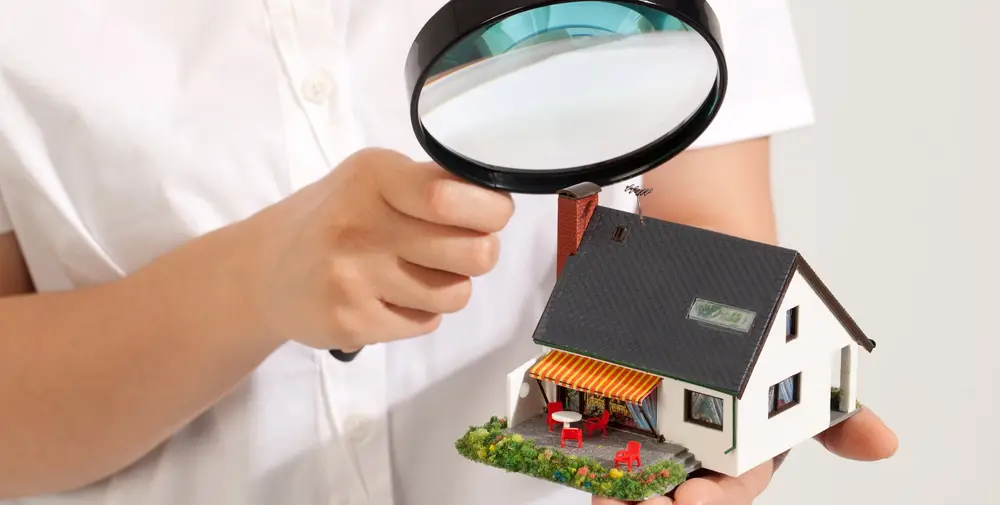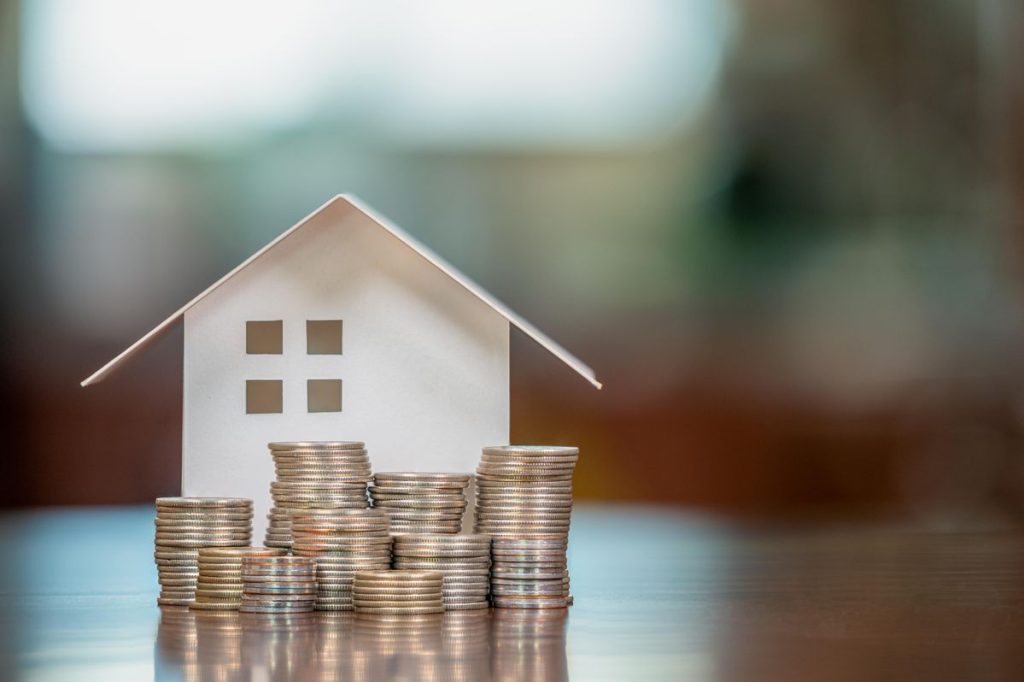Custom Home Builders Making Your Dream Home Achievable Now
Building a home is more than a construction project it is a personal journey. Custom home builders play a vital role in transforming ideas, lifestyles, and long-term goals into a living space that truly feels like home. With expert guidance, modern design tools, and a client-focused approach, creating a dream home is more achievable now than ever before.
A Personalized Path to Homeownership
Custom home builders focus on tailoring every detail to your vision. From layout to finishes, the process is designed around your preferences, needs, and future plans. This personalized approach ensures the final result reflects your lifestyle rather than forcing you into a one-size-fits-all design. Expertise in planning and construction ensures that home builder traralgon delivers homes built to last and impress.
Key personalization benefits include:
- Flexible floor plans designed around how you live
- Custom materials, textures, and color palettes
- Smart use of space for comfort and functionality
- Design choices that support long-term living
Expertise That Simplifies the Process
Building a home can feel complex, but experienced custom home builders simplify every step. They coordinate design, planning, and construction while keeping communication clear and consistent. This expert oversight reduces stress and helps keep timelines and expectations aligned.
Professional guidance often includes:
- Clear project planning from concept to completion
- Transparent timelines and progress updates
- Problem-solving solutions during construction
- Attention to detail at every stage
Modern Design Meets Smart Innovation
Today’s custom homes are built with innovation in mind. Builders integrate modern design principles with energy-conscious features and advanced building techniques. The result is a home that is not only beautiful but also efficient, durable, and future-ready.
Modern features commonly incorporated is:
- Energy-efficient layouts that maximize natural light
- Advanced insulation and ventilation planning
- Smart home-ready infrastructure
- Sustainable design options for long-term savings
Quality Craftsmanship That Adds Lasting Value
Custom home builders emphasize quality craftsmanship, ensuring every element is built to last. Superior materials and skilled workmanship contribute to a home that maintains its value and comfort over time. This focus on quality provides peace of mind and a strong return on investment.
Long-term value comes from:
- Durable construction techniques
- Thoughtful design that adapts to changing needs
- Reduced maintenance through quality materials
- Timeless aesthetics that age gracefully
Turning Vision into Reality
The greatest advantage of working with custom home builders is seeing your vision come to life. Collaboration, creativity, and expertise combine to create a home that feels uniquely yours. From the first sketch to the final walk-through, the journey is centered on your dream.
Custom home builders make the dream home achievable by blending personalization, innovation, and craftsmanship into one seamless experience. With the right approach, building a custom home becomes an exciting and rewarding step toward a future filled with comfort, style, and confidence.





